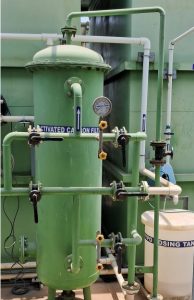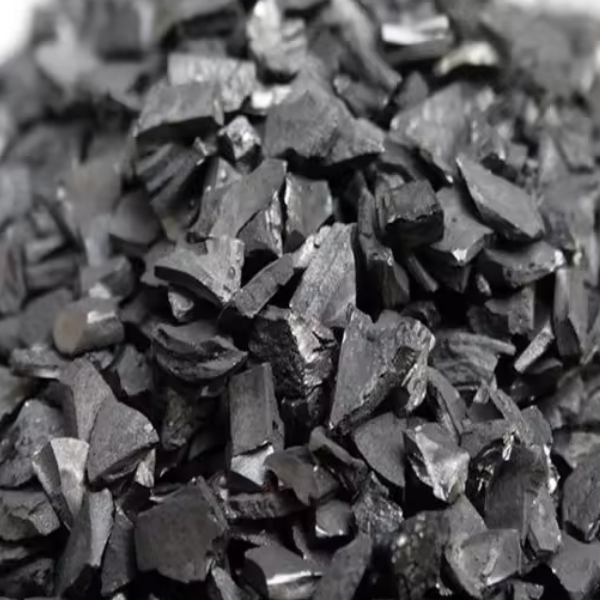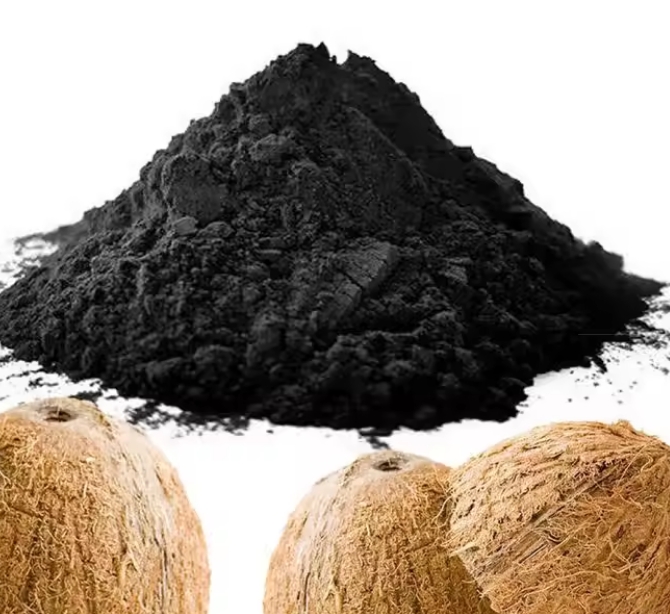The water filter uses coconut shell activated carbon, which is a common purification material for water treatment. Its main function is to absorb impurities and pollutants in the water through the coconut shell activated carbon material to improve the quality of the water.

The main function of coconut shell activated carbon in water filters is to absorb organic matter, chlorine, odor, color and other impurities in the water, and improve the taste and purity of the water.
Coconut shell Activated carbon is a highly porous material with a large surface area that can adsorb various pollutants in water. When water passes through an activated carbon filter, contaminants in the water adhere to the surface of the carbon particles, this process is called adsorption. The adsorption capacity of activated carbon enables it to effectively remove impurities from water and improve the taste and smell of water. In addition,activated carbon can also remove odors from water,including chlorine and odors caused by pollutants,making the water fresher. It has a good removal effect on harmful substances such as organic substances and volatile organic compounds (VOCs).
As a commonly used water treatment equipment, activated carbon filter can adsorb residual chlorine that cannot be removed in the front-stage filtration, effectively ensure the service life of the downstream equipment, improve the quality of the effluent, prevent pollution, especially prevent back-stage reaction. Poisoning pollution from free residual chlorine in permeable membranes, ion exchange resins, etc. At the same time, it can also adsorb pollutants such as small molecular organic matter leaked from the front stage, has a more obvious adsorption and removal effect on odors, colloids and pigments, heavy metal ions, etc. in the water, and also has the effect of reducing COD.
The reason why coconut shell activated carbon for water purification is effective is that its porous solid surface can adsorb and remove organic matter or toxic substances in the water, thereby purifying the water. This kind of activated carbon is usually in the form of granules, with a large specific surface area, developed micropore structure, high mechanical strength, fast adsorption speed, high purification degree and long service life. In addition to smart water purifiers, it is widely used in chemical industry, electronics, medicine, printing and dyeing, food, and domestic and industrial water treatment, including solution filtration, adsorption purification, impurity removal and other processes. At the same time, it can also be used for deep purification treatment of industrial wastewater.



